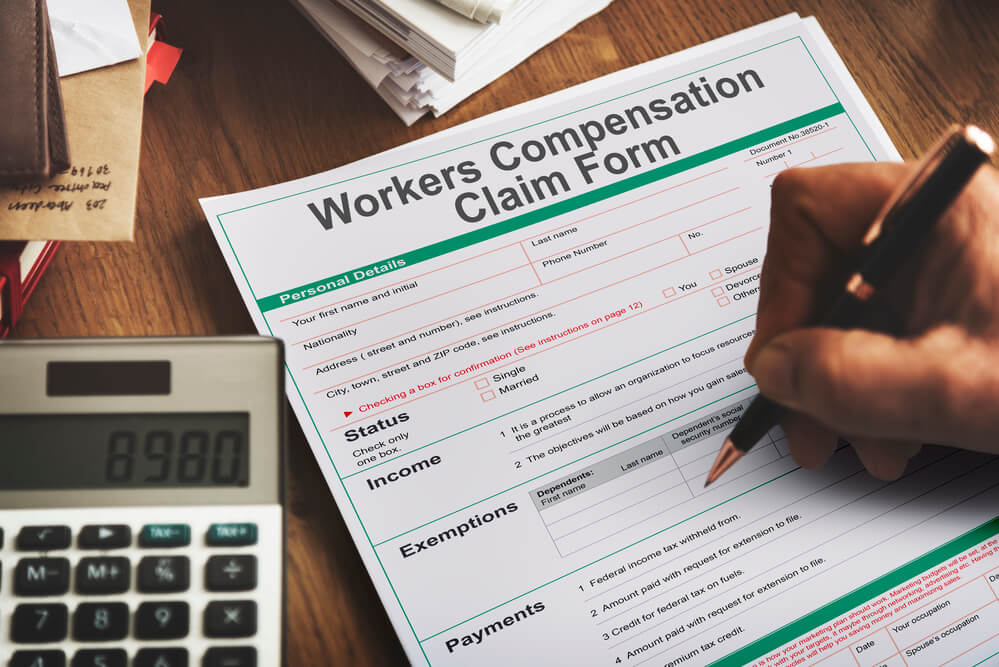A work-related accident that leads to injury is one of the worst things that can happen while on the clock. Aside from the physical pain and health concerns that must be dealt with, another stressor is what will happen to your finances when you are recovering. By state law, employers are required to provide insurance in case something happens to one of their employees; this is called workers’ compensation.
The incident must occur while on the job, but no matter what happens, the employee will likely be covered if any injuries are sustained. Another aspect of being out of a job is the option to collect unemployment. You might be considering this because the quick need for income will become a burden to you and your family. CA Workers’ Compensation Attorney, a Los Angeles workers’ comp attorney, has helped explain the nuances of the situation.
File Your Claim
The first step to handling a work-related injury should be to focus on your physical health. Once you are all taken care of, whether it be via the doctor’s office or a hospital visit, you then need to speak to your employer about insurance information. It is your employer’s responsibility to file the workers’ comp claim on your behalf, assuming that they have the insurance in place. Once they get the ball rolling, you will likely have claim paperwork to fill out. This paperwork gives you a chance to explain exactly what happened, and how you were injured. The form is then sent to the insurance company for processing, and you will be assigned a claims representative. Workplace Fairness explains further on its website.
If you find that your employer does not have workers’ comp insurance, you will have to go an alternative route. You can either file for unemployment benefits (if you are completely out of a job),or you can research if your state has a fund available to help those who are injured. You also have the option to report your employer for negligence if you find that he/she is not carrying workers’ comp insurance. While this all can seem like a large task, keep in mind that there are lawyers who specialize in workers’ comp claims who can assist you.
You May Not Collect the Benefits Simultaneously
It is understandable that you will want to seek as much protection and assistance as possible during your period of downtime, but attempting to collect workers’ comp along with unemployment is not allowed. Receiving workers’ comp is like collecting missed wages. Technically, if you are still collecting wages that you would be earning if you were not injured, then you would not qualify for unemployment benefits. If you were to seek out both, it would be as if you were collecting two separate sets of wages, and this would disqualify you from the individual monetary compensation that is offered by each.
Also, it is worth mentioning that attempting to collect unemployment while you have an open workers’ comp case can impact your credibility. To the insurance company, it might look like you are unwilling to work. The point of workers’ comp is to provide you with wages that you would have earned, because you want to work, but are simply unable to. The notion of unemployment could suggest an unwillingness to work, as pertains to these types of claims. There are always exceptions, and one of which would occur if you were to be denied workers’ comp. In this case, it would be appropriate to seek out unemployment benefits, because you would be suddenly out of a job.
Be Informed About Loopholes
As Lawyers.com states, there are some instances that would allow you to collect both benefits, but they are rare in circumstance. For example, if you were injured on the job but still able to work light duties, you would likely be able to continue working. This return to light duty plan can vary depending on your line of work and the company that you work for. There is no regulation when it comes to light duty, nor any mandatory requirements, so speak with your supervisor to determine if this is an option for you.
Because you would still be working at your current job, but with a limited amount of performance, this “loss of skill” might allow you to qualify for simultaneous unemployment benefits while also receiving your workers’ comp claim money. Again, this is a rare circumstance, and should not be sought after for the sole purpose of receiving dual income after your accident. Knowledge is essential, though, so it is not unwise to think about the rare circumstances. Overall, your best bet is going to be your lawyer or assigned representative. This person will guide you through the process and will be able to inform you on the various laws that apply to your given situation.

